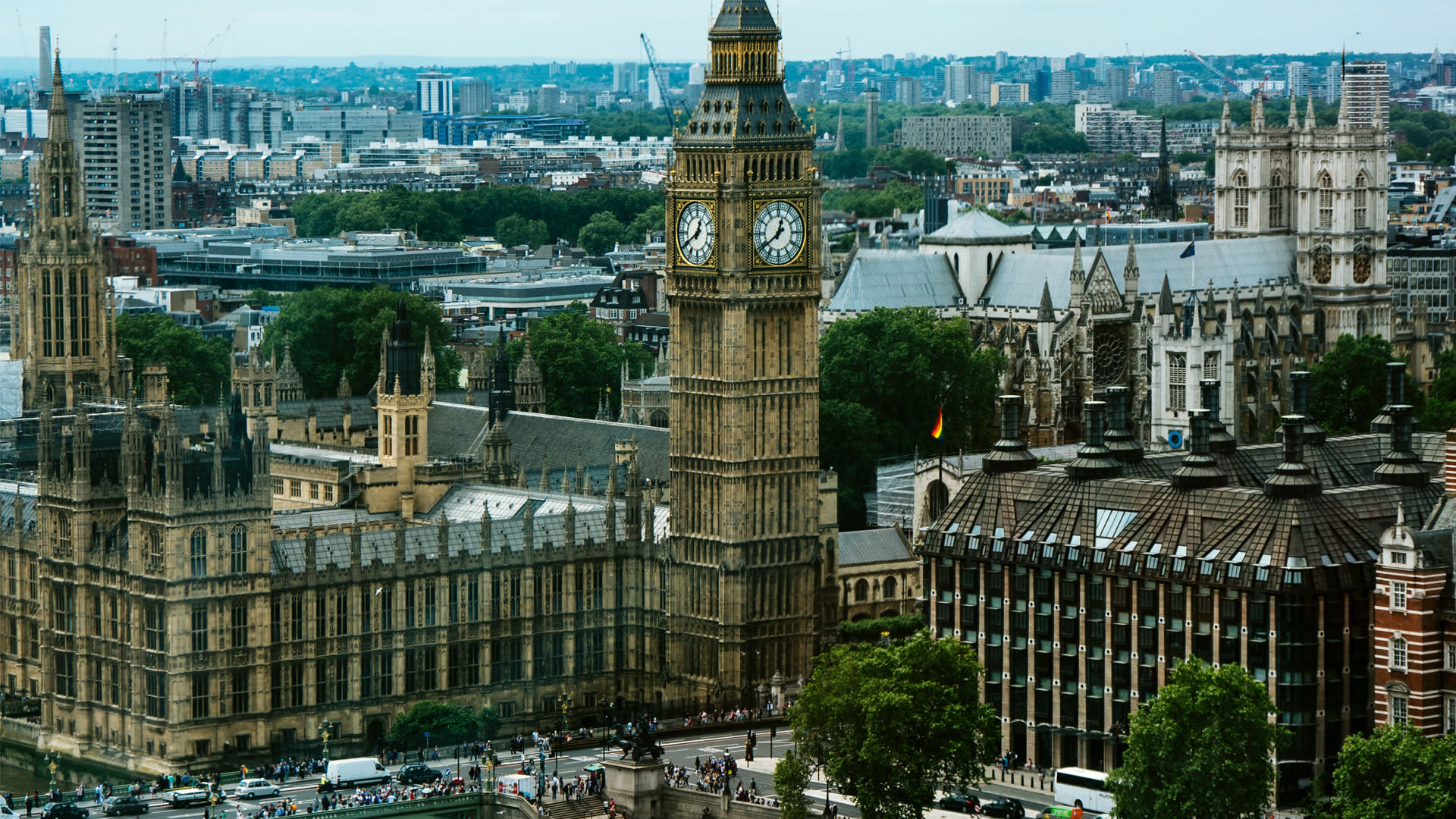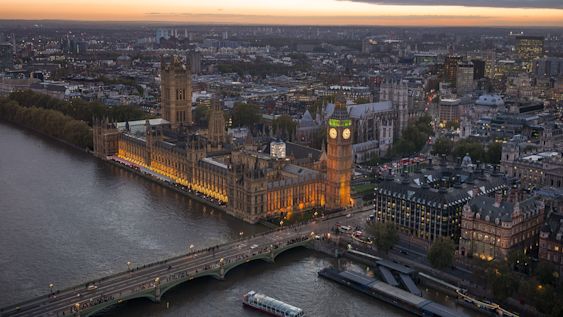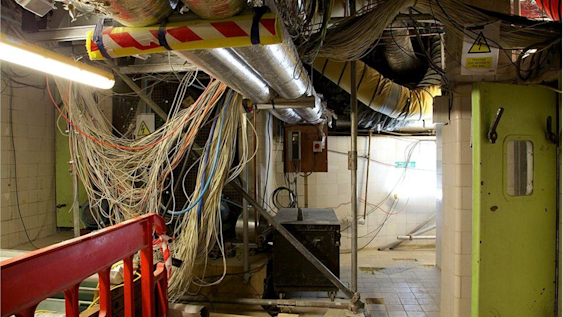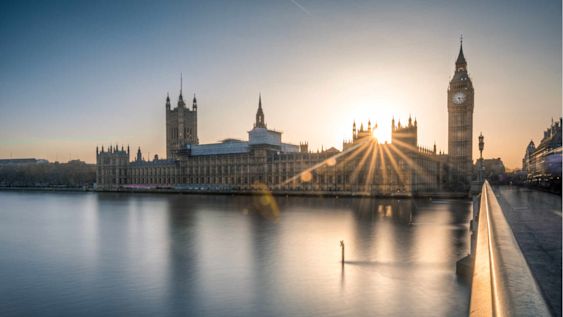
A Numbers Game: Parliament and Minority Government
Plotting a roadmap through the constitutional issues, and setting the situation in its historical context, this June 2017 briefing paper highlights and explains key parliamentary dates, events and procedures that shape the process of forming and sustaining a minority government, focusing on the 2017 case.
The fundamental principle at the heart of our parliamentary democracy is that the government must command the confidence of the House of Commons. In the event of a hung Parliament, where no party secures an outright majority, the arithmetic presents politicians with a conundrum: who commands MPs’ confidence, and should therefore govern?
The answer to this question is determined through a complex nexus of constitutional conventions, laws and precedents, party political calculations and gauging of the public mood. Guidance and rules exist to help resolve who should govern, including in the form of the Cabinet Manual and the Fixed-Term Parliaments Act.
This June 2017 briefing paper addresses how a government is formed and then sustained in office when the House of Commons is hung, focusing on the 2017 situation. It also looks at how a minority government might operate in Parliament, focusing on the impact it may have on parliamentary process and procedure.
Table of contents
Introduction: Minority government in context
- Historical comparisons and precedents
Part 1: Forming a government
- What does ‘command confidence’ mean?
- The incumbent Prime Minister: stay or go?
- When will Parliament meet?
- The State Opening of Parliament: will the Queen attend?
- The Queen’s Speech debate: confidence of the House?
- Will there be a second general election?
- What difference does the Fixed Term Parliaments Act make?
- Seats vs votes: what counts?
- An alternative party leader / Prime Minister?
- How long can be taken to form a government?
Part 2: Parliamentary procedure: help or hindrance?
- Does it matter if votes are lost?
- What about the House of Lords?
- Will minority government mean less legislation?
- Will the Speaker’s casting vote influence decisions?
- Managing time: potential problems ahead
- The establishment and composition of select committees
- The fiscal maze
- Delegated legislation: an increase in deferrals and withdrawals?
- Accountability and transparency
Enjoy reading this? Please consider sharing it
Latest

Compendium of Legislative Standards for Delegating Powers in Primary Legislation
The scope and design of the delegation of legislative powers in any Bill affects the long-term balance of power between…Parliament and Government. The House of Lords Delegated Powers and Regulatory Reform Committee (DPRRC) scrutinises all such delegation. This report distils standards for the delegation of powers from 101 DPRRC reports from 2017 to 2021.

Genetically modified organisms: Primary or delegated legislation?
A Statutory Instrument comes into force on 11 April that changes the legal requirements for the release of certain types… of genetically modified plants. Some argue that the changes should have been made by primary, rather than delegated, legislation. Where does the boundary between the two lie?

Constitution and Governance in the UK: Parliament and Legislation
The Brexit process, the pandemic and the approach of the Johnson Government have all tended towards Parliament’s margina…lisation and the accretion of executive power. For UK in a Changing Europe’s report on the constitutional landscape, we show how – in the legislative process and control of public money and executive action, including delegated legislation.

What role does the UK Parliament play in sanctioning an individual? [Video]
Sanctions are imposed on an individual in two stages - by Ministers first making regulations and secondly designating th…e individual, using a power in those regulations. Parliament has a role in the first stage, but not the second.

Written evidence to the House of Commons Public Accounts Committee: the Restorat…ion and Renewal of Parliament
Our submission to the Public Accounts Committee highlighted the financial and practical challenges that MPs face in deci…ding the fate of Parliament’s Restoration and Renewal programme. We particularly questioned the viability of the proposal to continue operating the House of Commons Chamber in the middle of a building site.

Written evidence to the House of Commons European Scrutiny Committee: Retained E…U Law: Where next?
Our submission to the House of Commons European Scrutiny Committee inquiry into retained EU law (REUL) placed the issue…in the context of our Delegated Legislation Review. It discussed REUL’s diversity and amendment; the people and organisations to whom REUL amendment may matter; and parliamentary scrutiny of delegated legislation arising from amending REUL.